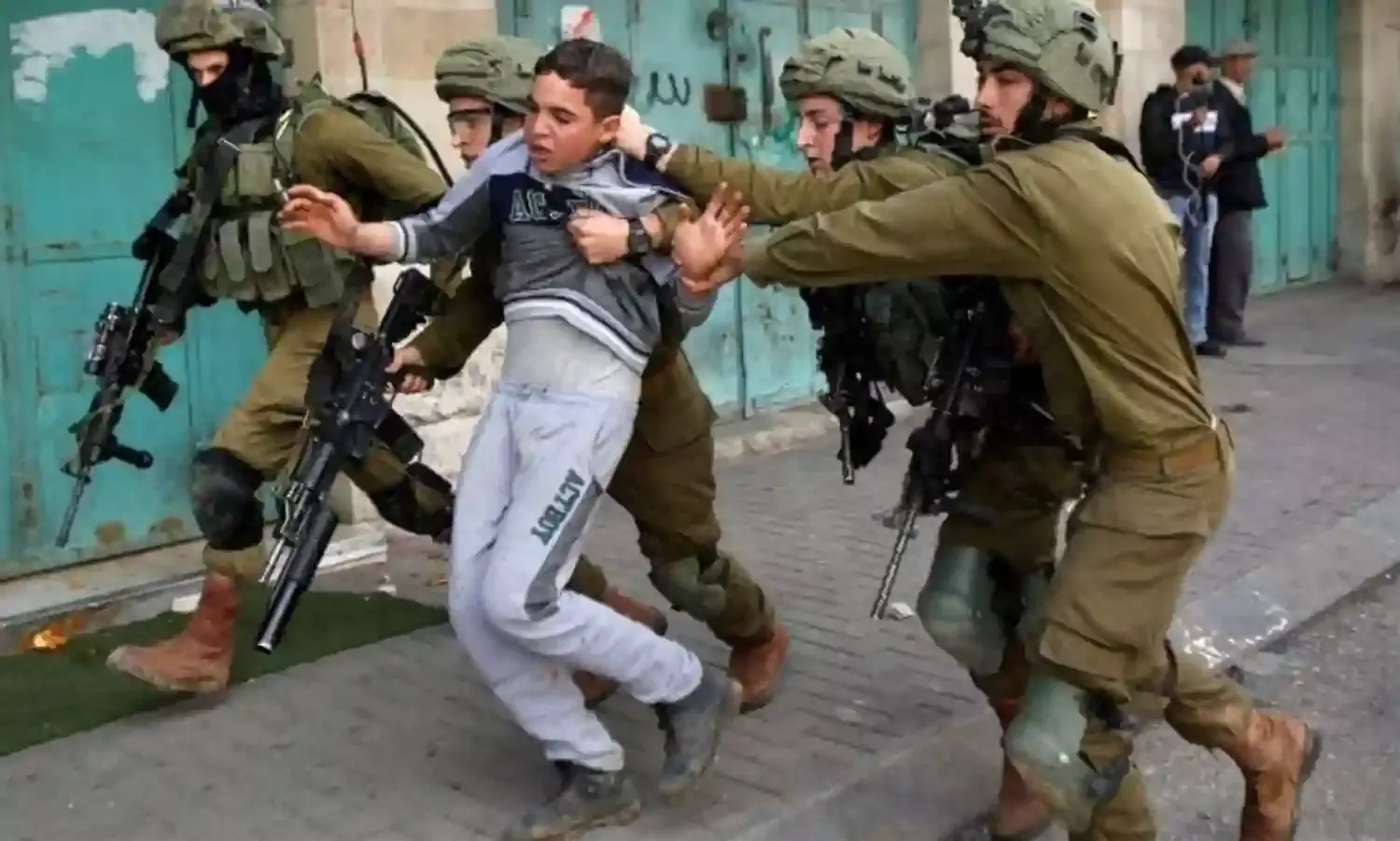How Would Kanafani and Edward Said Position This Genocide In Gaza
‘Palestinian, you are on your own!’;

Palestinian, you are on your own!
Ghassan Kanafani and Edward Said remain two of the most influential Palestinian public intellectuals of our time. Much of their reputation derives from their critique of Zionism, colonialism, in its various forms, Arab despotism and oligarchy. The question is what would they have said about the current events in Palestine? What would they have said about October 7th and the subsequent ongoing Genocide? How would they have positioned this particular historical moment within the world of "representation and historical narrative"?
Both Kanafani and Said would have started by reminding us that settler-colonial Israel was built on the ruins of the indigenous people of Palestine, whose livelihoods, houses, culture, and land had been systematically destroyed long before October 7. (Men in the Sun, The Land of Sad Oranges, The Question of Palestine, and The Politics of Dispossession are but a few of their visionary writings in this regard.)
Said would have made it absolutely clear that It's time for the international community to understand that the price Israel demanded for offering the Palestinians a form of limited administrative autonomy, i.e, less than a Bantustan, was a total surrender of any national struggle or agenda. (As he did in “The Morning After”)
And Kanafani would have reminded us that Genocide denial in Israel and the colonial West is aided by the overall negation of the Palestinians as a people. Genocide, Kanafani would have maintained, is being perpetrated in Gaza and denied both by Apartheid Israel and the United States. Because the mechanism of denial is so forceful in genocidal Israel and among its supporters in the colonial West, it is of utmost importance for the Palestinian people and the peoples of the global South to "bang on the walls of the tank", so that they can be heard by people on the outside.
Both giant intellectuals would have reminded the world how it has been Apartheid Israel's policy to erase the distinction between civilian and non-civilian targets through senseless, mass killings that have turned all Gaza, and now Lebanon, into one ‘legitimate’ military target.
The escalation in military means by employing all possible killing machines the Israeli occupation forces possess. The escalation is conspicuous in the number of casualties: with each so-called military operation (or rather, with each acceleration of the deliberate and planned Genocide), a much larger number of people get killed and wounded, especially children and women. The ‘military operations’ have become a strategy in themselves in order to solve ' the Gaza problem".
Said would have quoted Colonel Gabby Siboni who back in 2009, told an academic conference at the Institute for National Security in Tel Aviv university that the Dahiyya doctrine (an Israeli euphemism for unbridled destruction of Palestinian infrastructure and often, lives) would apply to Gaza and that "(it) is meant to inflict damage that would take ages to recover from".
But because, to quote Said, “[w]here cruelty and injustice are concerned, hopelessness is submission, [and therefore] ... is immoral.” Therefore, resistance must become the rule. Kanafani's literary texts are, as most of my Gazan students have told me, our "living reality". Gaza IS the "land of sad oranges" where, in the words of a displaced student from Gaza City, Returning to Haifa is being enacted And All That’s Left is our will to resist/exist
This is why Said argued, eloquently, that "the power to narrate, or to block other narratives from forming and emerging, is very important to culture and imperialism, and constitutes one of the main connections between them." Is this why we are writing our stories? And why Genocide Israel is deliberately killing Palestinian academics, intellectuals, and journalists?
Undoubtedly, both writers would have publicly raised "embarrassing questions,.. confronted orthodoxy and dogma (rather than produced them), would not have been easily co-opted by governments or corporations, and whose raison d’être would have been to represent all those people and issues that are routinely forgotten or swept under the rug”, namely forgotten, slaughtered Gazans, as Said wrote in Representations of the Intellectual. But neither of them would have appeared on Piers Morgan’s genocide-washing program to answer his tired, racist clichéd questions.
Let me close with a quote from another Palestinian intellectual giant, Mahmoud Darwish. This is a verse that offers what I believe is a combination of the best of Kanafani and Said's visionary input:
"My prison guard looks me in the eye/ I can see his fear/ Like me, he knows that/ today's warden is already tomorrow's prisoner".
Professor HAIDAR EID was in Gaza’s al-Aqsa University until recently. A witness to the ongoing genocide this renowned scholar has written several books, and raised his voice for justice for the Palestinians through the decades. The views expressed here are the writer’s own.

